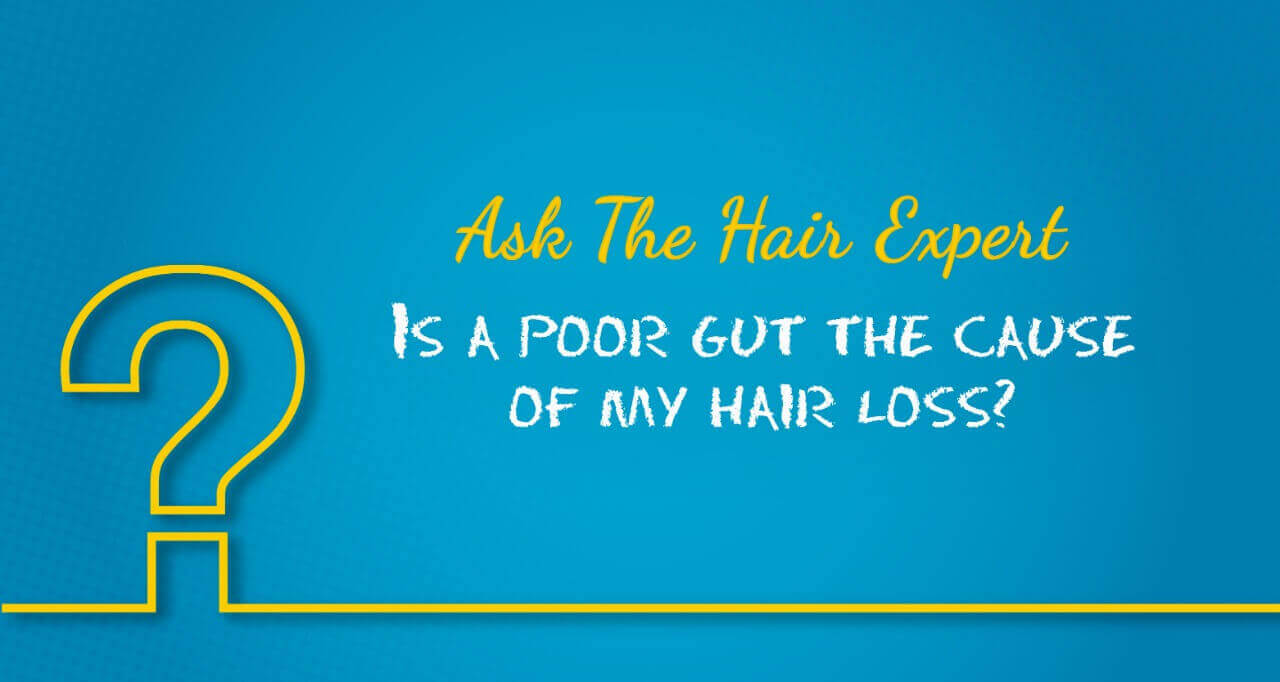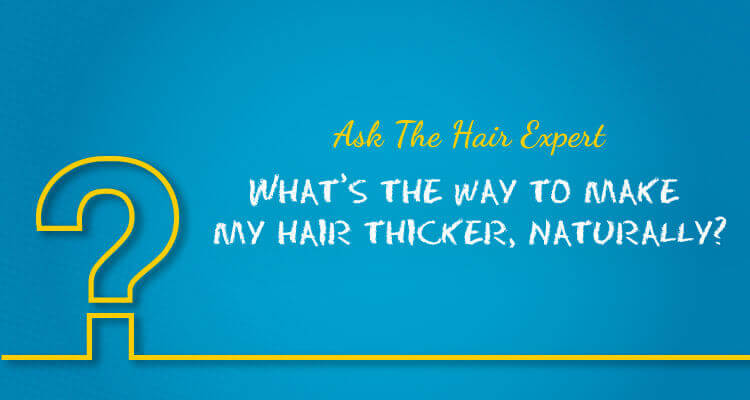Hair Care Routine Mantra – Oiling. Shampooing. Maybe some Conditioning?
Every week? Once in a fortnight?
Which oil? How long should the oil stay on? Which Shampoo? Condition every time? What about hair masks?
Does the way you go about this routine affect your hair? What frequency of oiling/wash is ideal? How much is too much? How much is too less? Can one mistake make you go bald?
That’s a whole lot of questions on an everyday-matter, isn’t it? Do we even think through this routine as is needed?
This basic hair care routine can easily go haywire thanks to the hectic lifestyles today. And as easily as it goes out of discipline – as easily you lose your hair’s health.
Today, on our Ask the Hair Expert, we have been requested to answer these seemingly very simple questions on the right way to care for your hair. Simple corrections or alterations to your schedule can have a big impact on your hair’s health.
You asked: “Am I losing hair ‘cos am not washing my hair right? Can my hair wash routine cause hair loss? How do I know if I am following the right routine, using the right products, the right way?”
Here’s the answer from the Hair Experts.
Yes, your hair care routine DOES impact your hair’s health.
While your routine may not trigger your hair fall problem, it can definitely aggravate an existing situation. The right routine and right products for you will depend on your hair type and your scalp condition.
A trip to your Trichologist’s clinic will help you understand the approach that would suit you best!
Hair care can be challenging especially if you have a busy schedule and have serious time constraints (We believe that’s the case for most!). But it’s something that you MUST invest time in, as much as you are able to. Your hair care routine is directly related to your hair’s health. Healthy, shiny, thick hair can help boost your confidence levels, and overall a great personality booster, isn’t it?
Now, we are here to tell you that it isn’t as challenging as it seems. It can be easy and simple, provided you have got the routine sorted with the right products and right approach, that your hair needs. Let us remind you here and now that one solution doesn’t fit all – hair care routine that your friend follows may not be the best for you! And vice versa!
So when you are unknowingly, and unintentionally, making wrong choices in this routine, your hair gets damaged and tends to fall. And when you do not take corrective action, over a period of time, it surely leads to some form of hair loss.
Let’s first understand the various factors that need to be taken into consideration when deciding on a hair wash & care routine.
Factors that should dictate your hair care routine
Your hair condition
- It’s very important that you understand your hair type. In our clinic practice, we have seen that there is a huge gap in awareness on this front. Most have no clue about the kind of hair that they have and what that means at a very basic level.
- Different types of hair need different types of care. The products that you use, the frequency at which you oil or wash, the kind of conditioner you need to use, whether you need deep conditioning – all this and more is dependent on what type of hair you have.
- If you go for a few days without using any product on your hair and not use any styling equipment, you may be able to spot your hair type – whether oily, dry, normal, straight, wavy, curly, thick, thin, fine, wispy….
Some observations that you should note – does it get tangled often? gets dry & frizzy on a beach vacation while you have no such problem otherwise? takes forever to dry after a wash? Becomes totally flat when you apply a leave-in conditioner? - As a layman, while you may be able to describe your hair as say, straight or curly, there is more to defining a hair type than just this. Your hair’s texture has a lot to do with your lifestyle and your hair porosity…
- To give a simple example, if you have oily hair then you should perhaps wash it everyday or every other day with a gentle shampoo meant for this type of hair. If you are someone with dry hair, then you may need to wash your hair maybe every third day and it would suffice.
- There is no set formula. But you will need to understand your hair, to listen to it and act accordingly.
- Your hair care routine should be on the basis of the type of hair you have. Which means that if you get this sorted, you will then understand what to use on your hair, how to use it and at what frequency. Visit a Trichologist to understand your hair right and what kind of care it needs.
Your scalp condition
- Scalp care is something that is unfortunately not given its due attention. Your scalp care routine is as important as your hair care routine. We need to remember that our scalp has an entirely different anatomy and thus, it just cannot be taken care of, as a side-kick to your hair or your skin. Though by routine, scalp is perhaps provided for along with hair, the scalp skin is different from the rest of our body, is sensitive and hence requires regular focussed care to ensure its health.
- Now, your scalp, as does your hair, reflects your body’s good health or lack of it. Your body is dehydrated? You will see it’s sign on the scalp. This apart, there is the accumulation of dirt, grime, product residue, sweat and bacteria which needs to be cleaned out the right way to ensure your scalp stays healthy.
- Your scalp condition, just as your hair, will be different from your neighbour. Your scalp skin may react to a certain element a particular way, and it may need care accordingly. Unless you understand your scalp the way you understand your hair, you will not know if you are doing the right thing.
- The moisture and oil levels, the pH balance, blood circulation, scalp hygiene and the protection that you provide it – all of this defines your scalp condition. Any imbalance, on any of these fronts, WILLl lead to a scalp concern which may need focussed attention.
- Setting up a regular scalp-care routine, after clearly understanding your scalp’s condition (check with your Trichologist) is important. And just as with your hair, your scalp condition will dictate your care routine including the products that you need, and the frequency at which you need to wash etc.
- Given our lifestyle scenarios, a regular tricho scalp treatment would be highly recommended. This will detox and disinfect your scalp – a much needed routine in the present day. Remember, your scalp is akin to the soil on which your garden grows. Treat your scalp right, your hair will get its due attention, and this will prevent hair fall.
Frequency of colouring
- If you are someone who colours your hair frequently, you need to ensure that your hair care routine is tuned right to balance the inevitable damage out. Yes, colouring your hair does cause a certain extent of damage. However, if you set up your hair care routine right, use the right products and take necessary steps to deep condition as need be, this damage can be controlled.
- Do read our earlier blogs on how hair colouring works and more importantly, hair’s anatomy, to truly understand why this is such an important factor. Hair colouring, over time, if due care is not taken, can lead to dry & brittle hair, split ends, discolouration of the scalp, hair breakage, loss of texture and persistent hair fall. Thanks to advancement in the field of trichology, you have tricho treatments that work on repairing hair colour damaged hair effectively.
Frequency of styling
- Hair trends. Who doesn’t want to try a new look… You are someone with curly hair – you want to straighten it. You have pokey straight hair – you want bouncy curls. Next step – hands on styling equipment and chemical hair products. Just as colouring, heat styling too causes a certain extent of damage to your hair. And if you are someone who already has hair or scalp concerns, it will only aggravate the problem , leading to hair loss.
- We are not ones to say that you should avoid styling. We only recommend that you ensure that your hair is healthy enough, by means of right care, to take on the strain of any given styling that you want to put through it. If your hair care routine is on-point and your hair is healthy, it will not react as badly to constant application of heat and chemical products.
Your diet and hydration levels
- If you are someone who has concerns on the diet front and low on water intake, your hair is going to shoot out signals of distress. Nutritional deficiencies and dehydration have a direct impact on your hair. You need to be extra cautious with your hair care routine, to ensure that as you correct your diet, you also nurture your hair the right away.
- Typically hair is damaged, dry and prone to breakage if your body is constantly dehydrated. Not having a balanced diet has a similar impact. When your hair is dry and damaged, you need to ensure that the oil you use, the frequency at which you use, the shampoo and conditioner you use etc are all meant for such damaged hair. You have hair products that organically help repair the hair damage and help restore moisture.
Now keeping in mind these broad factors, you will need to set a hair care routine. This is where a Trichologist can play a key role. ‘Cos you see, hair care mistakes can be costly!
A Trichologist will diagnose your hair & scalp condition, understand your medical case history, your lifestyle, your routines, help you identify your hair type and accordingly give you valuable inputs on the kind of hair care that you need. They can also help you choose the right hair products, be it the oil that would suit you best, to the shampoo, conditioner, mask or serum you need. They can decipher all that fine print on your hair product packaging and let you know if you are on the right track.
Apart from guidance on hair products and hair care routine, through the consultation process, he/she can also guide you on any specific care that you may need. You may be prescribed appropriate tricho treatments to help you tackle hair fall, address a hair/scalp problem and curtail damage. You may be suggested a topical treatment, or basic hair fall treatments, hair rejuvenating therapies, depending on your hair & scalp condition. Many of these treatments typically include therapeutic sessions, hair supplements and prescribed home care kits, to ensure that the problem is approached and solved in a holistic manner.
Coming back to all those questions we started with – the answers lie in understanding your hair, taking into account the factors we have indicated, and choosing a hair care routine that will best address your hair & scalp needs, with the help of a Trichologist
Do read our hair care blogs that give you easy to follow tips, to care for your hair on a daily basis, and for more information, do follow our blogs on hair loss, treatments & solutions, and also pick on some interesting hair trivia!
When you spot signs of concern, we recommend that you do not experiment with your hair care routine – changing the frequency, trying new off-the-shelf hair products etc. Without hesitation, walk into a Trichologist’s clinic and understand the root cause of your concern. And with his/her guidance, tackle the concern scientifically to solve it.
Any further questions? We are just a call away!
Connect with us on social media on the links below. Please leave your questions & comments, and we will address them all, just as we have done today!



